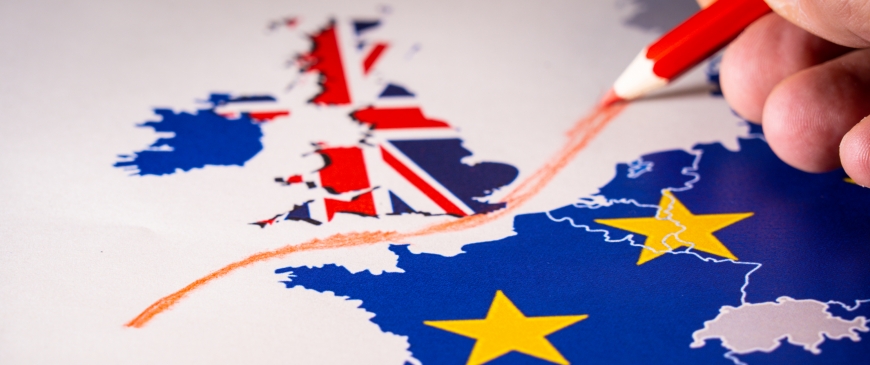
Rules of origin: A Brexit headache for UK exporters
Sam Lowe, a senior research fellow at the Centre for European Reform (CER) think tank, says he doubts extended cumulation would actually lead to the UK becoming an offshore manufacturing hub – not least because “there are still many other additional costs that come with producing in the UK, rather than the EU, if you’re selling to the European market”.
“But I think the EU was never going to go for this,” he tells GTR. “The easier you make it for other inputs from other countries to be accounted for as being local, the more you undermine the original premise: the whole reason for the existence of rules of origin.”
...As CER’s Lowe explains, joining the bloc “gives you less scope for tweaking the product-specific rules of origin in the trade agreement between the EU and UK”.
“The PEM rules of origin exist and you have to just take them off the shelf; there’s no flexibility to fiddle around with thresholds or change how you approach individual rules of origin,” he says.
...There are already suggestions from sources close to negotiators that the UK may give up on its pursuit of extended cumulation. For Lowe, an extensive network of FTAs that allow for bilateral cumulation could be a pragmatic way forward.
“The EU does usually offer bilateral cumulation in its free trade agreements, and that would solve most of the issues for UK exporters that are struggling to meet certain thresholds,” he says. “Just because by virtue of the EU being the UK’s biggest trade partner, inputs in the UK are often from the EU.”
